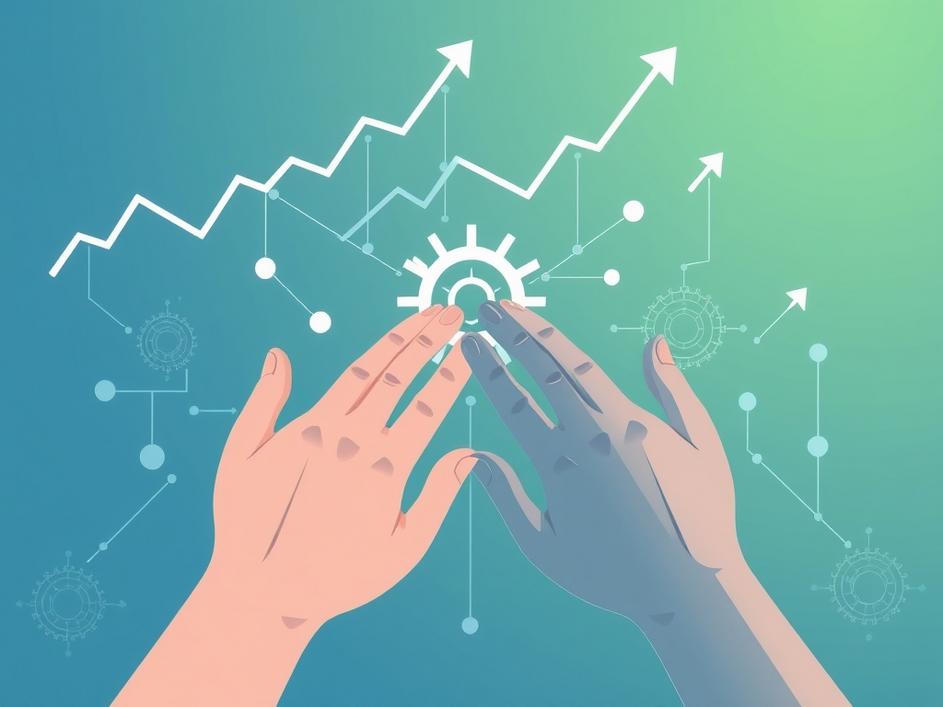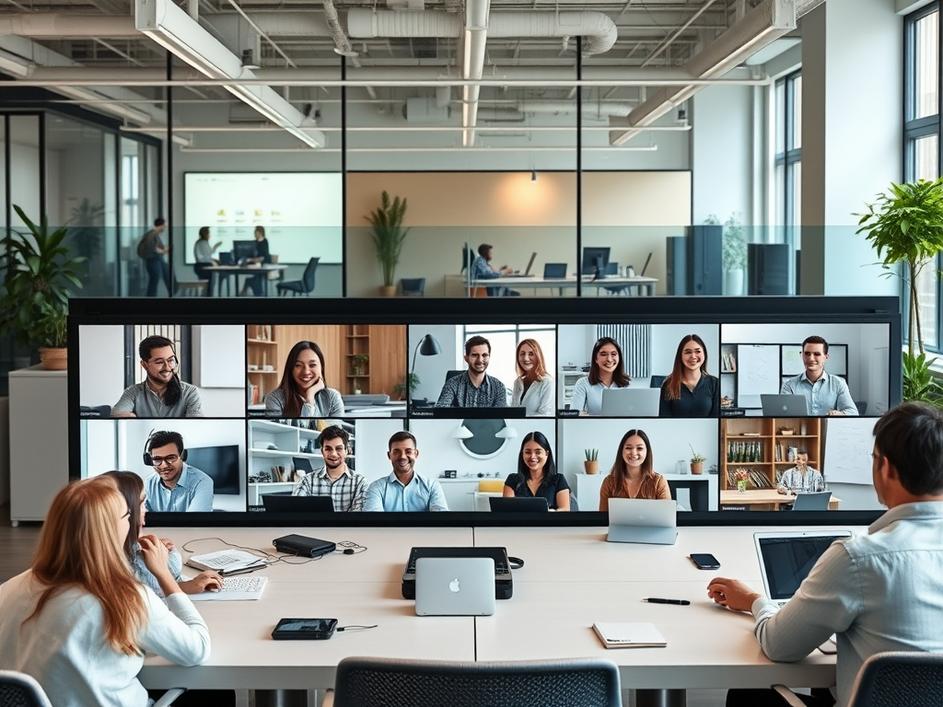


We are a digital agency helping businesses develop immersive, engaging, and user-focused web, app, and software solutions.
2310 Mira Vista Ave
Montrose, CA 91020
2500+ reviews based on client feedback

What's Included?
ToggleThere’s a lot of talk about artificial intelligence these days. From amazing new tools that write stories and create art to concerns about job displacement, AI is everywhere. But beyond the headlines and big promises, what’s really happening? How does this technology truly change what we humans are capable of? And what does it all mean for our economy, the way we work, and how we earn a living? These are big questions, and that’s why it’s so important when experts like Tom Cunningham from OpenAI step up to share their insights. He recently spoke at an event focusing on the economic side of tech, looking past the surface to what’s genuinely shifting in the world because of AI.
When economists talk about “stylized facts,” they’re not just throwing around fancy words. It’s a way of saying they’re looking for the big, consistent patterns or regularities we see in data, even if the details can get messy. Think of it like seeing that ice melts when it gets warm – that’s a stylized fact. It’s not about every single ice cube, but the general rule. Applying this idea to AI and human abilities is really smart. Instead of getting lost in every new AI gadget or research paper, we can try to find the broader trends. What are the common things we’re observing about how AI interacts with human skills and economic processes? It helps us cut through the noise and understand the fundamental changes taking place.
For a long time, we thought of certain skills as uniquely human. Creativity, complex problem-solving, understanding emotions, making strategic decisions. Now, AI is blurring those lines. It’s not just about AI doing repetitive tasks anymore. We’re seeing machines create music, write code, diagnose diseases, and even engage in complex conversations. So, what does it mean for human capabilities when AI can mimic or even exceed us in areas we once considered our own? It forces us to redefine what we value in human work. Maybe our strength isn’t just in raw output, but in guiding AI, setting its purpose, understanding its limitations, and focusing on truly novel, abstract thought that even the best AI still struggles with.
The impact of AI isn’t just a personal one; it’s shaking up economies worldwide. When AI becomes capable of more tasks, it changes the demand for human labor. Some jobs might shrink, others might change dramatically, and entirely new jobs could appear that we can’t even imagine yet. This shift affects everything: wages, unemployment rates, how companies invest, and even government policies. Will AI lead to greater wealth overall, but also greater inequality? How do we prepare our workforce for these changes? These are not simple questions. We need to think about education, social safety nets, and how we encourage innovation while also protecting people. It’s a huge balancing act, and there’s no easy answer.
Tom Cunningham comes from OpenAI, a company at the very forefront of AI development. This gives him a unique perspective. They’re not just studying AI from afar; they’re building it. They see the raw power and the current limits of these systems every single day. This firsthand experience means their observations about “stylized facts” carry real weight. They are deeply involved in thinking about how to develop AI responsibly and how it can benefit all of humanity. So, their insights likely aren’t just about economic models, but also about the practical, ethical, and societal implications of increasingly powerful AI. Hearing from someone so close to the technology’s creation helps ground the theoretical discussions in reality.
My own take on this is that understanding these patterns – these “stylized facts” about AI and human capabilities – is absolutely critical right now. It’s not enough to simply react to new AI tools as they appear. We need to proactively understand the fundamental shifts happening under the surface. This means asking tough questions about education systems, worker retraining programs, and how societies can adapt to rapid technological change without leaving large groups of people behind. It’s about more than just economics; it’s about the future of human purpose and well-being. If we can grasp the big picture trends, we have a much better chance of shaping a future where AI serves us all, rather than creating new divides.
The conversation around AI and its impact on human capabilities and the economy is far from over. In fact, it’s just beginning to deepen. Events like the seminar where Tom Cunningham shared his thoughts are vital. They help us move past the fleeting hype and into a more thoughtful, evidence-based understanding of this powerful technology. As AI continues to evolve, so too must our understanding of its role in our lives. The “stylized facts” he discusses will likely keep changing, and our ability to observe, adapt, and plan based on these real-world patterns will define how well we navigate this quiet, yet profound, revolution. It’s a journey we’re all on, together, and staying informed is our best guide.



Comments are closed